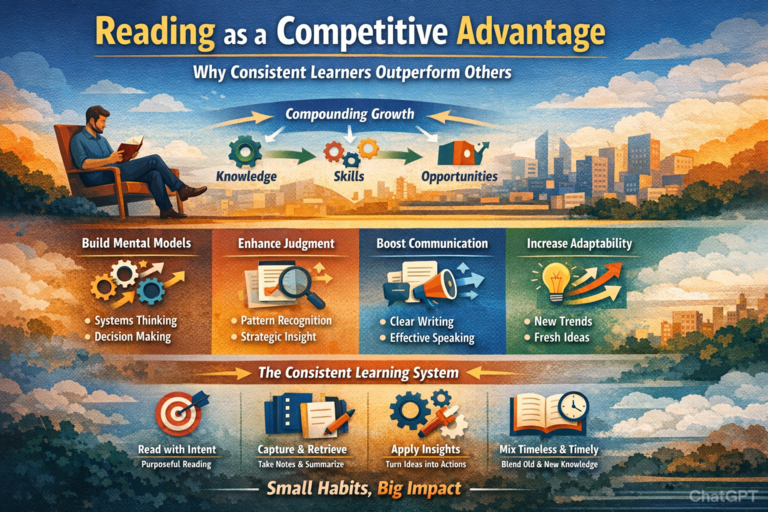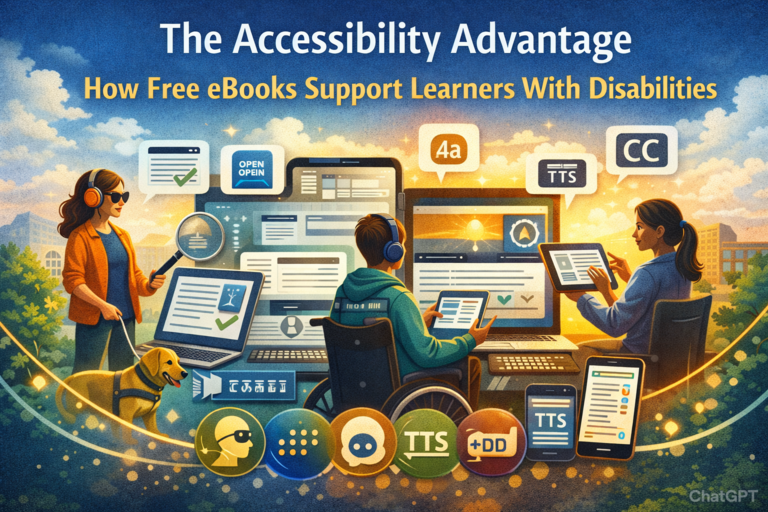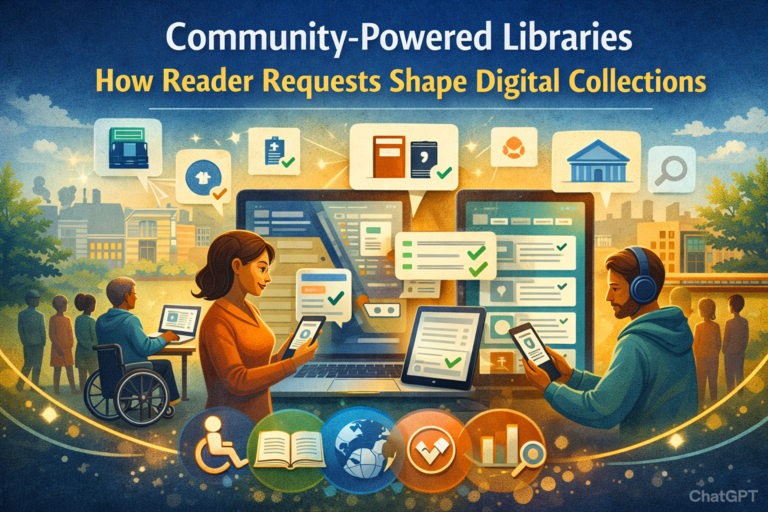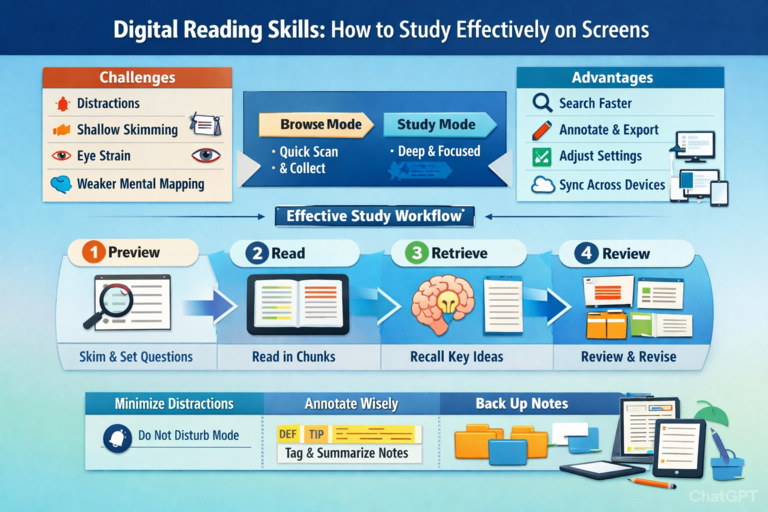How to Write Resumes for Remote Jobs: What Career Books Recommend
The rise of remote work has transformed not just where we work but how we get hired. From startups to Fortune 500 companies, businesses are opening their doors to talent from all over the globe. But to land a remote job, your resume needs to speak a slightly different language — one that highlights independence, communication, time management, and digital fluency.
While traditional resume advice still applies, job seekers aiming for remote roles need to adapt their approach. Fortunately, many modern career books have begun tackling this challenge head-on. They provide actionable strategies to help you stand out in a competitive remote job market.
In this post, we’ll explore how to write resumes that land remote jobs — drawing from top employment books, expert advice, and industry trends. Whether you're switching to remote work for the first time or you're a seasoned remote pro, these insights will help your application rise to the top.
Why Resumes for Remote Jobs Are Different
Remote work demands a unique set of skills. It’s not just about doing your job well — it’s about doing it independently and virtually. Hiring managers for remote positions aren’t just asking: “Can this person do the job?” They’re also asking:
-
Can they manage their time without supervision?
-
Are they proactive communicators?
-
Can they work across time zones and tools?
-
Do they have the right tech skills for a distributed team?
That’s why your resume should reflect remote-readiness, not just role-specific skills. Let's dive into how top career books suggest you do that.
1. Highlight Remote-Friendly Skills
According to The Remote Work Revolution by Tsedal Neeley, remote success hinges on communication, collaboration, self-discipline, and trust-building. These are the soft skills that every employer wants in a remote hire — and your resume should showcase them clearly.
Instead of listing vague soft skills like “team player” or “motivated,” try specifics like:
-
“Led cross-functional remote teams across three time zones”
-
“Used Slack, Zoom, and Trello to coordinate daily remote stand-ups”
-
“Delivered projects autonomously while maintaining consistent client communication”
Use bullet points that demonstrate real-world use of remote tools and practices. This shows you’re not just interested in remote work — you know how to thrive in it.
2. Tailor Your Resume for Remote Job Descriptions
In The New Rules of Work by Alexandra Cavoulacos and Kathryn Minshew, the authors stress tailoring every resume to the specific job you’re applying for. This is especially true for remote roles.
Read the job description closely and echo the language used. For example:
If a posting says:
“We’re looking for someone who thrives in a distributed environment and can juggle priorities independently,”
You can write:
“Thrived in a fully remote role while independently managing multiple client deadlines and priorities.”
This approach not only shows you’re qualified — it shows you’ve paid attention.
3. Include a “Remote Experience” Section (If Applicable)
If you’ve worked remotely in the past, don’t bury it in your job descriptions. Consider a dedicated section like “Remote Work Experience” or “Distributed Teams Experience”, especially if that’s the focus of your job search.
This technique is recommended in The Squiggly Career by Helen Tupper and Sarah Ellis, which emphasizes nonlinear career storytelling. Grouping similar experience — like remote work — helps recruiters quickly connect the dots.
Even if your entire role wasn’t remote, highlight any aspect that was:
-
“Remotely onboarded and trained new hires across the U.S.”
-
“Transitioned in-office role to remote while maintaining productivity and KPIs”
-
“Worked 100% remotely during company-wide digital transformation project”
4. Be Specific About Tools and Technologies
In Reid Hoffman’s The Start-Up of You, the focus is on staying adaptable and future-ready. That includes being fluent in the tools of the modern workforce. Remote employers want to know: Can you jump right into our digital ecosystem?
List tools and platforms in a dedicated section or naturally within bullet points. These may include:
-
Communication: Slack, Zoom, Microsoft Teams
-
Project Management: Asana, Trello, ClickUp, Jira
-
File Sharing: Google Workspace, Dropbox, Notion
-
Time Tracking: Harvest, Toggl, Clockify
Even if you’ve only used them briefly, familiarity counts. Tools change fast, but showing you’ve kept up matters.
5. Showcase Results, Not Just Tasks
One piece of timeless resume advice from What Color is Your Parachute? by Richard N. Bolles is this: employers don’t want a list of duties — they want to see impact.
This is even more important in remote work, where results often speak louder than visibility. Hiring managers can’t see you working — they only see what you produce.
Use metrics to show your value:
-
“Increased newsletter open rates by 35% through remote A/B testing and strategy”
-
“Reduced onboarding time by 25% by developing a remote-friendly training manual”
-
“Handled 40+ customer service tickets daily via Zendesk with a 97% satisfaction rating”
Even if your role was behind-the-scenes, focus on what changed because you were involved.
6. Make Your Resume Visually Clean and ATS-Friendly
As noted in Top Books for Writing ATS-Friendly Resumes That Get Seen, formatting still matters — especially for remote job applications where your resume may be filtered through software before it reaches human eyes.
Keep these tips in mind:
-
Use clean fonts and standard formatting (no tables or images)
-
Save your file as a PDF unless otherwise specified
-
Use clear section headings like “Skills,” “Experience,” and “Remote Work”
-
Avoid long paragraphs — stick to bullets and short sentences
An ATS-friendly resume ensures that all your remote experience actually gets seen by the recruiter.
7. Add a Skills-Based Summary at the Top
Career books like Pivot by Jenny Blake emphasize the importance of a strong resume summary — especially if you’re shifting roles or industries.
For remote jobs, this is your chance to clearly say: I’m a skilled, experienced, remote-ready professional.
Here’s an example:
Summary
Remote-ready marketing strategist with 5+ years of experience leading content and SEO projects for fully distributed teams. Skilled in digital collaboration tools, async communication, and building cross-functional campaigns that drive traffic and ROI.
Customize your summary based on the job you’re applying for, and don’t forget to include your remote-related strengths.
8. Include Remote Work in Your Cover Letter Too
Though this post is about resumes, it’s worth mentioning that your cover letter should also reflect your remote competencies. As career books like Resumes That Stand Out suggest, the cover letter is your space to add context to your experience.
In the case of remote jobs, use the letter to:
-
Express your enthusiasm for remote work culture
-
Provide a quick story or example of how you excelled remotely
-
Reassure the employer that you’re equipped to work independently
It’s one more way to stand out in a crowd of “open to remote” applicants.
Final Thoughts: Writing the Perfect Remote-Ready Resume
Remote work isn’t a passing trend — it’s a long-term shift in how companies operate. If you’re hoping to join the ranks of successful remote professionals, your resume needs to reflect the skills, tools, and mindset that remote employers look for.
The career books mentioned in this post offer tried-and-true strategies that apply directly to the virtual job search. From emphasizing your independence and tech-savviness to structuring your resume around results and remote-readiness, these books help you tell the story hiring managers are eager to hear.
At Junkybooks, we believe in learning from the best — and using every word of your resume to prove you're more than a job title. You're a problem-solver, a communicator, and a remote-ready professional.
If your next dream job is fully remote, your resume should make that obvious from the very first glance. Let the world know what you can do — and that you can do it from anywhere.








